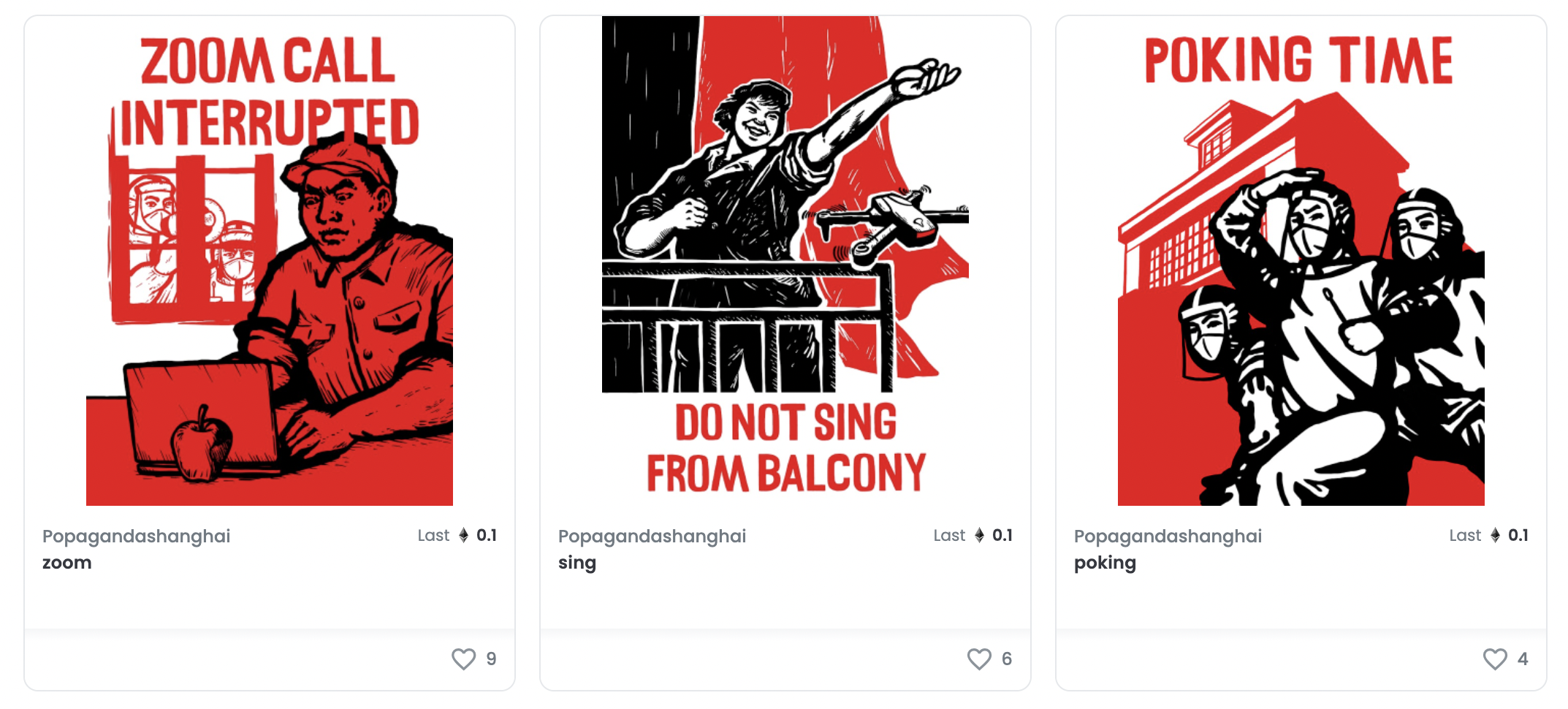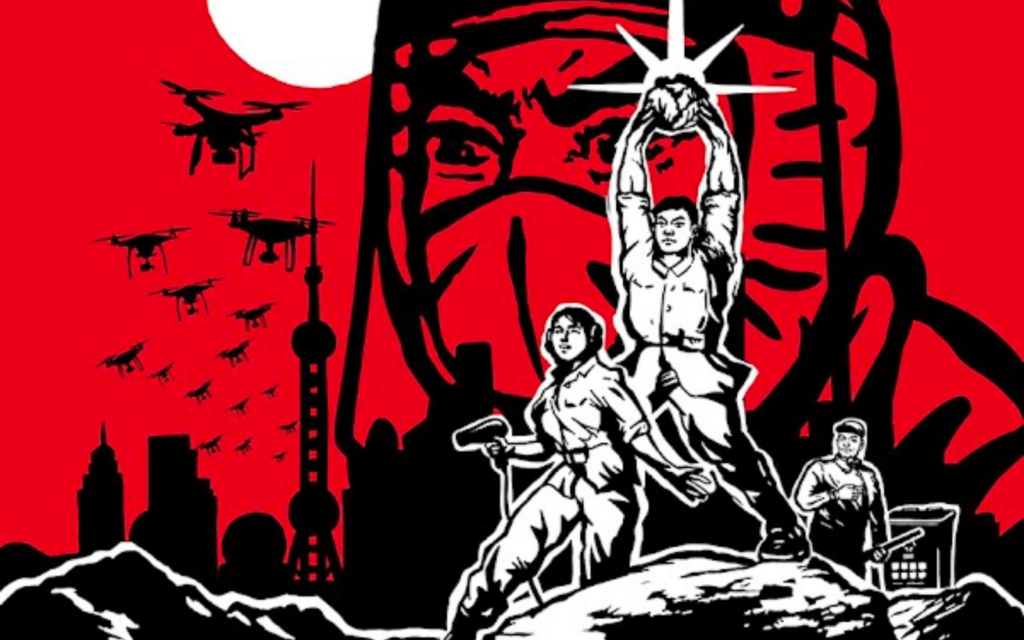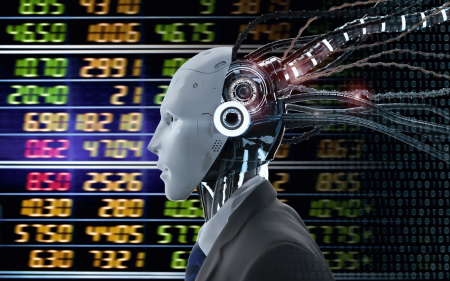NFTs have their faults, but some residents of Shanghai have managed to turn those failings into something positive. Shanghai, one of China’s largest coastal cities, is in the middle of a COVID-19 lockdown. The city has been locked down for more than a month.
Residents there have taken an unusual step when it comes to recording memories and conditions during this current lockdown. They’ve turned to the blockchain, in a rare, positive usage, and minted NFTs that explain how the city’s residents are doing.
Shanghai, how you doin’?
 It turns out, when you try to keep 25 million people inside their homes, frustrations bubble to the surface. The Chinese government tends to suppress these sentiments, especially when they’re posted online. Whether it concerns battles with medical care, food shortages, or just lockdown conditions in general, those stories are usually squashed. NFTs, and their persistence on the blockchain, seem to be the answer.
It turns out, when you try to keep 25 million people inside their homes, frustrations bubble to the surface. The Chinese government tends to suppress these sentiments, especially when they’re posted online. Whether it concerns battles with medical care, food shortages, or just lockdown conditions in general, those stories are usually squashed. NFTs, and their persistence on the blockchain, seem to be the answer.
Read More: The risks of crypto and NFTs (as told by terms of service agreements)
Reuters reports that Chinese censors have it out for internet content they consider “rumours and efforts to stoke discord over seething public frustration with the lockdown.” Some internet users in Shanghai just repost content that is taken down. The main video being targeted is called ‘The Voice of April’. In an effort to keep it up and online, it, and derivatives of it, have been minted as NFTs on OpenSea.
Other artists are taking a more… well, artistic approach to recording conditions in the city. An account called Popagandashanghai has opted to use old Chinese propaganda-style images to record some of the situations in the coastal city at present. The artist, Simon Fong, explains, “I chose the Mao-era propaganda style for these pieces because some people are saying that the lockdown situation is taking Shanghai backward.”
And, of course, it’s nearly impossible for Chinese censors to get at these NFT images. Even if artists and posters are targeted directly, yanking them out of the blockchain is nigh-impossible.
Source: Reuters




